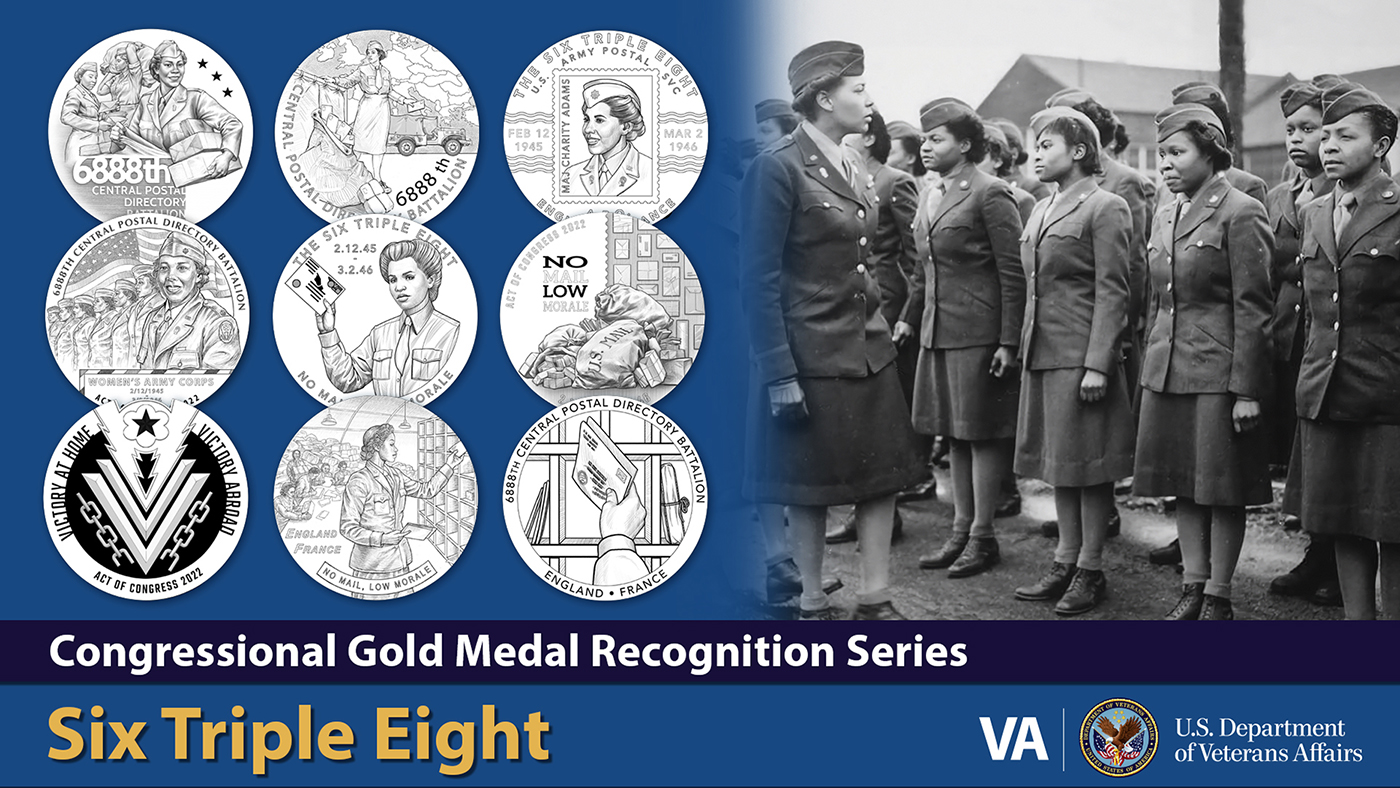This month’s Center for Women Veterans Book Corner author is Army Veteran Shannon Huffman Polson, who served as an attack aviation officer and Apache pilot from 1993-2001. She wrote “The Grit Factor: Courage, Resilience and Leadership in the Most Male Dominated Organization in the World.”
The Grit Factor is an award-winning book of stories, lessons and tactical exercises to support leadership at all levels following The Grit Triad ™, a proprietary framework of owning your past, deeply engaging in the present and looking to the future.
Polson is the CEO of The Grit Institute, teaches at the Tuck School at Dartmouth’s Leadership and Strategic Impact program, and is a keynote speaker and writer. She lives in Washington State with her family.
Can you share a brief background of your military experience, including your branch of service, years served, and any notable positions or deployments?
“Shannon Huffman Polson received her commission through the Duke University ROTC program in 1993. She trained at Ft. Rucker, Alabama, where she was honor graduate of her Aviation Officer Basic Course and was one of the first women to train in and fly Apache attack helicopters. She served at Ft. Bragg (now Ft. Liberty), including a deployment to Bosnia as a part of SFOR in support of the Dayton Peace Accords; she later served in Korea as the first woman to command an Apache line company in the 2d ID.”
What inspired you to write a book and share your story as a woman Veteran?
When a young lieutenant reached out to me over a decade after I’d left the service and asked me to mentor her, I was thrilled—but also daunted. Surely my story was only one of many, and my integration into an all-male field somewhat unique. How could I scale the information I offered her? That was the genesis of years of research and interviews culminating in The Grit Factor. It’s not only my story; I’m fortunate to have interviewed dozens of other outstanding leaders in the vanguards of their fields so that I could take the best of what all of us learned to offer to young leaders—and seasoned leaders—today. It is the book I wish I’d had when I was starting out to encourage and guide my work personally and professionally.
How has your military background influenced your writing style and the themes you explore in your work?
I don’t think the military influenced my writing style, but certainly I explore themes of service, challenge, difficulties and resilience, much of which are informed by my military experience.
How do you hope your book will impact other women Veterans, active-duty service members and the general public?
I’m thrilled to have heard many stories already of how people have been inspired and learned from The Grit Factor and how to employ these lessons in leadership in their own lives and work. I’m also hopeful that it is part of changing the conversation around women in leadership by helping civilians (and military) understand what women have done and can do—and then learning from them.
What role do you think storytelling and literature play in fostering understanding and support for the women Veteran’s community?
It’s critically important. We learn through the medium of story—it’s how our brains our wired. Ensuring that women’s stories are a part of those that are told helps our nation better understand what is possible—and what has been done and by whom. Women often don’t tell their stories, and in the military it’s about “we,” not “I.” It’s a hard barrier to break through, but a necessary one.
Can you share a memorable experience or anecdote from your time in the military that has had a lasting impact on your life and writing?
In Korea, when I came back from a weekend trip to Seoul, a tiny old lady grabbed my hand on the train and wouldn’t let go. I was worried for a moment—we were never sure which way the public opinion was blowing—but she held on to my hand as we disembarked and looked up at me with tears in her eyes and asked, “You GI? You GI?” I said that I was, and she held my hand tighter and said, “Thank you GI, Korean War, thank you GI.” I was incredibly humbled. I was not alive during the Korean War, but the work of others, largely forgotten, and the work that we were continuing had a profound and lasting effect on these people; as a writer, I’ve felt an obligation to tell stories so that people better understand and appreciate the work and sacrifices we’ve made.
Are there any fellow women Veteran authors or books that have inspired or resonated with you? If so, could you tell us a bit about them?
I enjoyed Becky Halstead’s “24/7: First Lead Yourself,” Sandy Stotz’s “Breaking Ice and Breaking Glass,” and Kim Campbell’s “Flying in the Face of Fear.” Lauren Kay Johnson’s recent memoir, “The Fine Art of Camouflage” brings another important voice to the mix as well. There are so many great books!
How do you believe the Women Veterans Book Corner can help bring awareness to the civilian and military communities, particularly about women Veterans?
It’s so important for women’s voices to be available to the military and Veteran communities—and civilian as well—to help refine our communal understanding of who a Veteran is. This helps us to further refine and develop what’s available to the diversity of Veterans and their needs.
What advice do you have for other women Veterans or active-duty service members who may be considering writing about their experiences?
Do it! Know that writing can be a journal, or letters, or any other form of expression. If you decide to write and publish, it takes more work than you can imagine, but if you’re called to it, it’s a truly worthwhile endeavor. Take your time.
How has writing this book helped you?
Writing The Grit Factor helped me to codify some of my own experiences and understand them in relation to that of others, and it’s deeply satisfying to know that this work serves others in their journeys. It’s also helped to bring me at least a little bit into a sisterhood I never felt while I was in uniform.
Can you tell us about any upcoming projects or events you’re involved in that our audience might be interested in?
My first book is “North of Hope: A Daughter’s Arctic Journey” (Zondervan/Harper Collins 2013), about a family tragedy and a trip to Alaska’s Arctic—a much more personal memoir not directly military related but one I think will resonate for many reasons in its challenges faced for Veterans. I’m publishing essays now on both the military and the natural world and our family’s experience in the wildfires of the west, as well as more work around the ideas of courage and purpose.
I continue to keynote to audiences around the world on leadership, resilience and grit, purpose and mindset.
Perhaps most importantly in this community, I am working to get the resources of The Grit Institute in the hands of Veterans and others who desperately need the opportunity to do the life-changing and life-saving work of connecting to purpose.
Are you a woman Veteran author, or do you know of one?
If so, please visit our website to find out more information. If you have further questions, contact the CWV Outreach Program Manager Michelle Terry at 00W@VA.Gov.
Topics in this story
More Stories
Thinking about building a family or exploring fertility treatments? VA can support you with a wide range of services.
Report examines the input of over 7,000 women Veterans: They are happier with VA health care than ever before.
The 6888th Central Postal Directory Battalion was awarded the Congressional Gold Medal in 2022, the highest civilian honor bestowed by the United States Congress. This prestigious award recognized the unit's outstanding service and the lasting impact it had on the military and society as a whole.







i salute you for your service to our country. god bless!